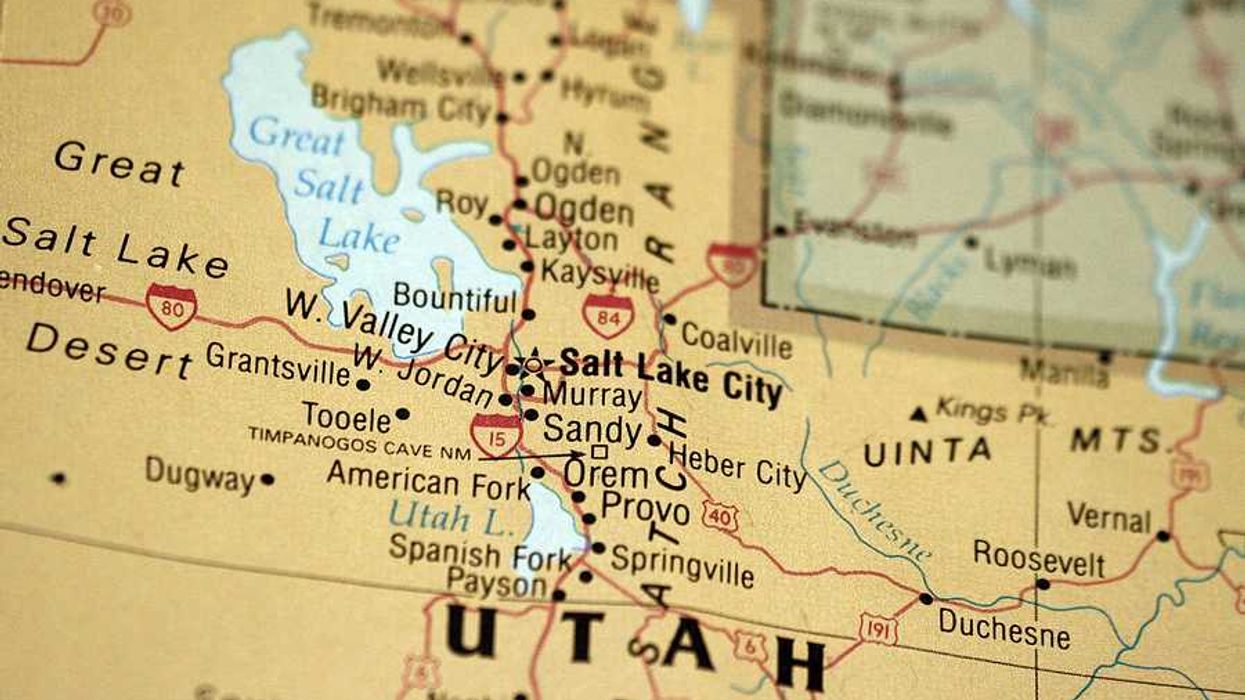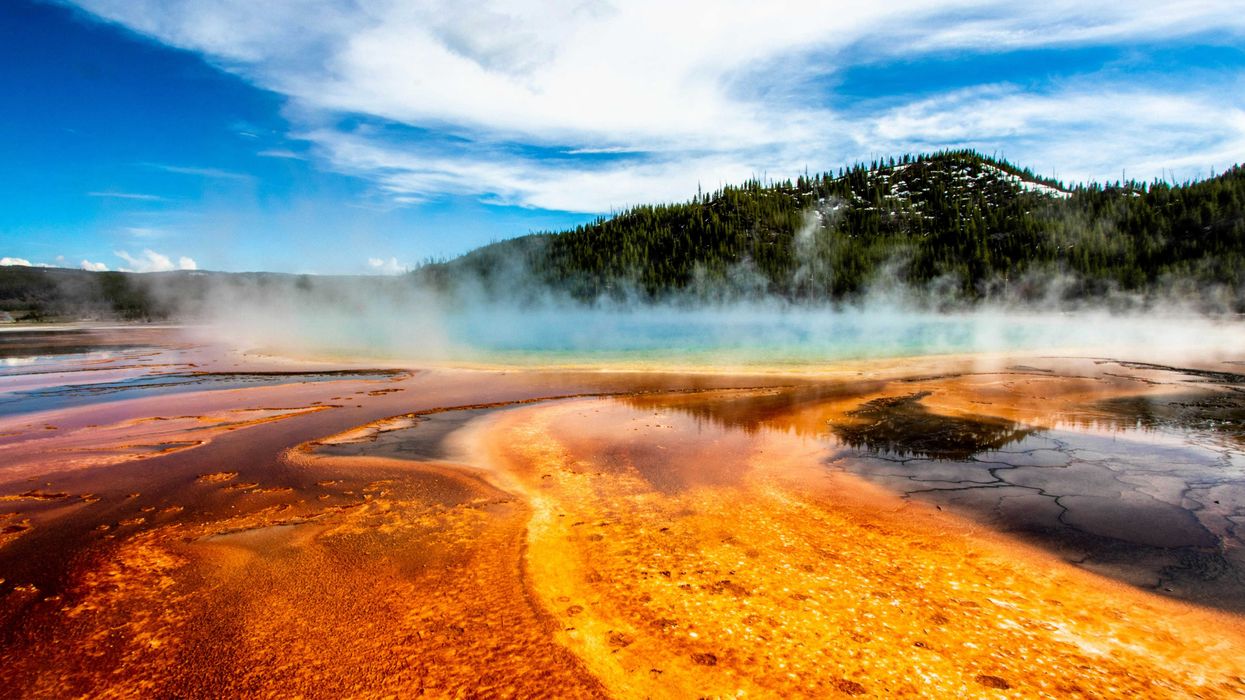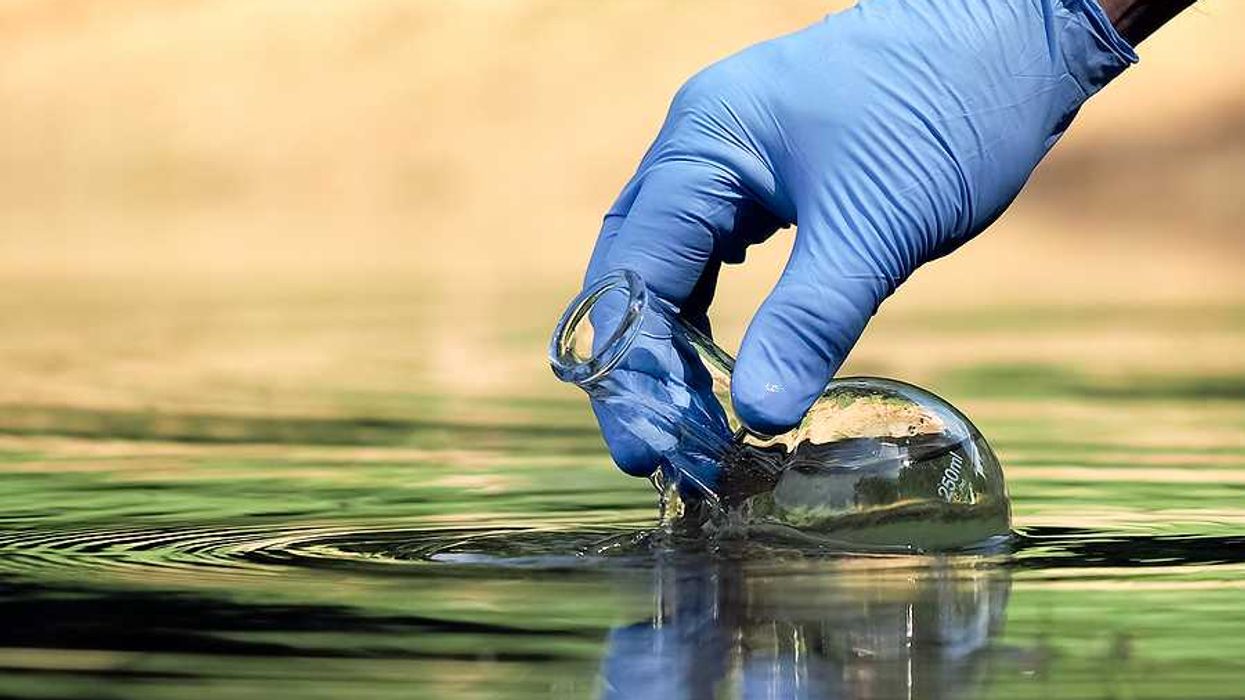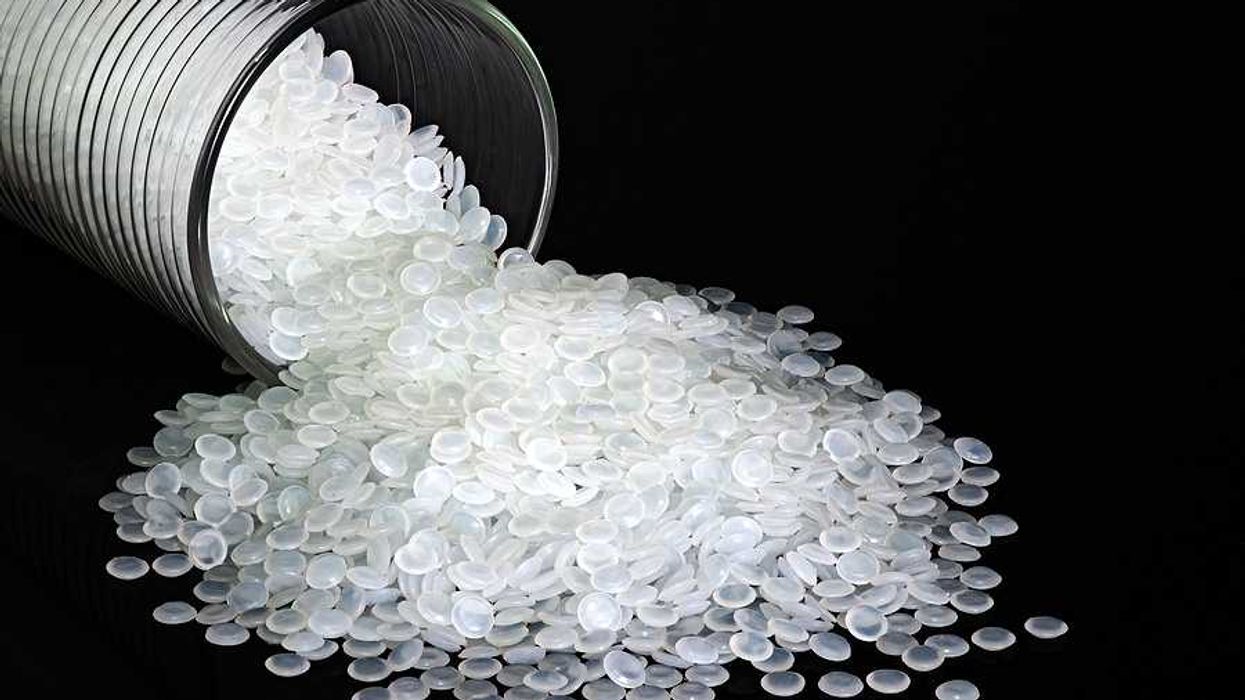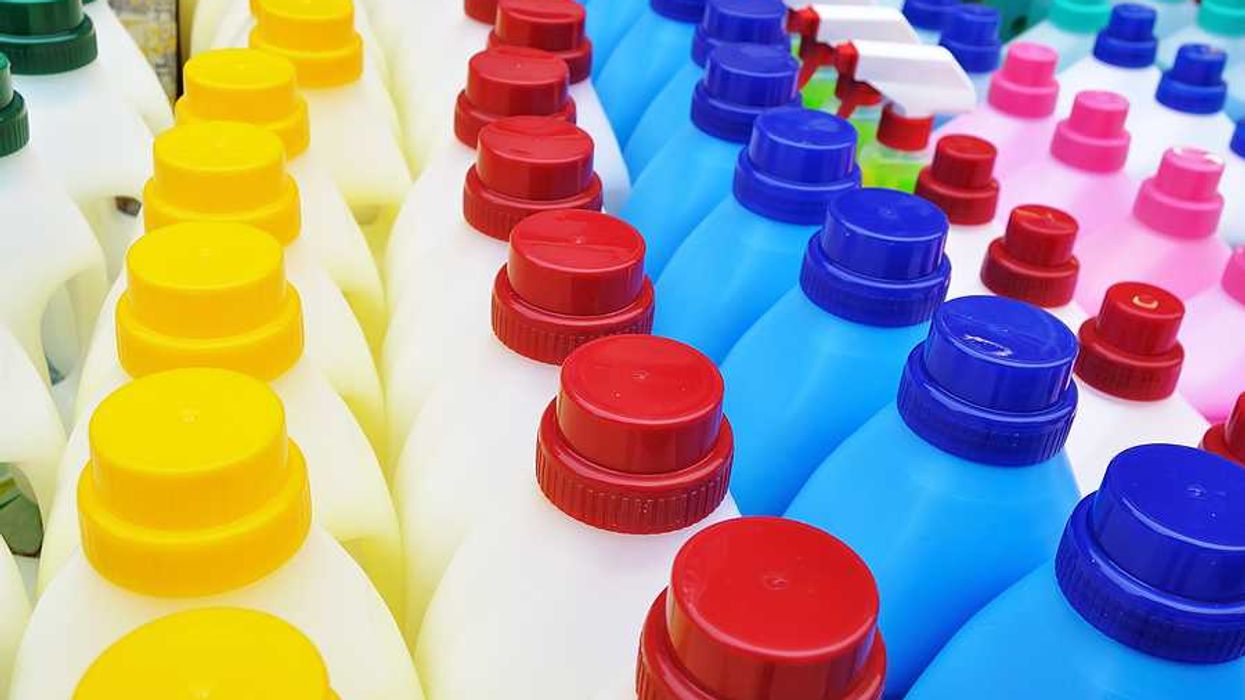Toxic trifluoroacetic acid, a byproduct of commonly used refrigeration chemicals, is emerging as a new environmental concern in Maine and worldwide.
Lori Valigra reports for Bangor Daily News.
In short:
- TFA is a byproduct of hydrofluorocarbons, widely used in aerosols and refrigeration, which has been found in drinking water and rain.
- The U.S. EPA does not regulate TFA as a PFAS chemical, creating challenges for Maine in setting exposure limits.
- Private labs in Maine plan to test for TFA, despite federal limitations on its classification as a "forever chemical."
Key quote:
“It’s a global problem, so it applies to Maine. What you are learning about it elsewhere applies here. Which, of course, makes it a chemical of concern.”
— Gail Carlson, assistant professor of environmental studies and director of the Buck Lab for Climate and Environment Colby College
Why this matters:
As TFA becomes more prevalent, it poses potential health and environmental risks. Without regulation or testing, TFA remains an unaddressed issue in Maine's water and environment, prompting calls for stricter oversight and safer alternatives.



